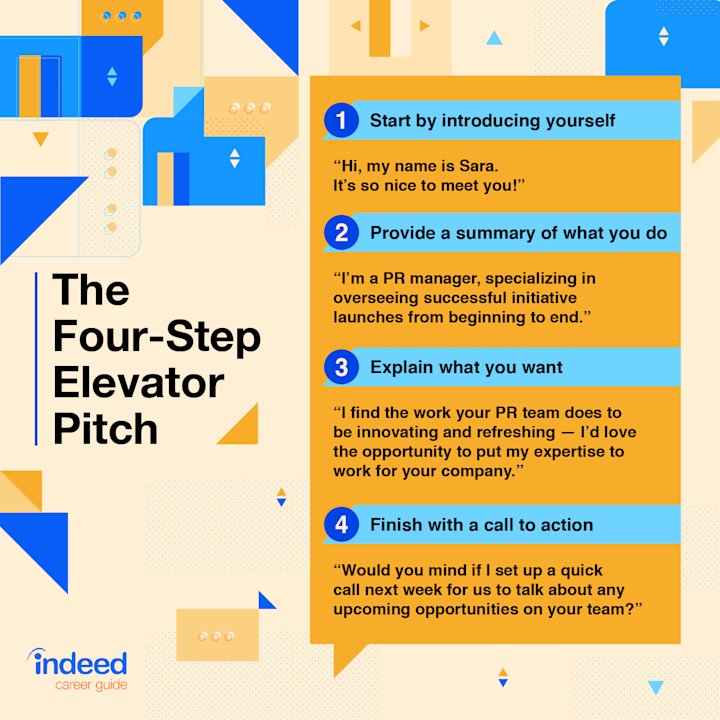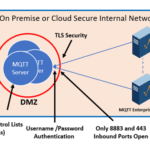
Emerging tech is a jungle. It’s exciting, wild, fast-paced, and honestly? Kind of overwhelming sometimes. I’ve been around enough pitch decks, LinkedIn threads, and coffee chats to know one thing: if you want to make your mark as a consultant in this space, you better know how to pitch yourself. And I don’t mean in that cheesy elevator pitch way people still swear by. I mean, actually connect with people, help them see your value, and sound like someone they’d trust when the stakes are high.
So, let’s break it down. From one tech nerd to another. No fluff, just experience.
Know Your Emerging Tech Niche — Keep It Real
You can’t pitch yourself as a jack of all trades anymore. Not in 2025. AI? Blockchain? Quantum? IoT? Every one of these is a universe of its own now.
But here’s the kicker — you don’t need to be the most certified person in the room. You just need to have a clear focus. Like, say:
“I help healthtech startups use AI to speed up diagnostics,”
or
“I guide traditional businesses through blockchain-based logistics systems.”
See how specific that sounds? You’re not a generalist anymore. You’re someone who solves a clear problem. That’s attractive.
When I started consulting in Web3 security back in 2022, I didn’t have a fancy title or a Twitter following. I just shared one case study from a small audit I did — and boom, one referral turned into four. So yeah, focus wins.
In Emerging Tech, Show Don’t Just Tell
Saying “I’m passionate about emerging tech” is cute. But it doesn’t mean anything unless people see that passion.
Got a side project? A Notion page with your research? A small write-up on a failed idea? Use that. Real content, no matter how small, is more powerful than generic bragging.
Even a Medium post about why LLMs mess up basic math can show you’re thinking about the field. One of my earliest posts — literally titled “Why AI Can’t Count to Ten” — got me into my first consulting call.
Your pitch is stronger when you come across as authentic rather than trying too hard to be impressive.
Speak the Emerging Tech Client’s Language
Let me tell you, most clients — especially startups and small teams — don’t care about how cool your tech stack is. They care about results. Can you help them scale? Reduce errors? Impress investors?
Your pitch should sound like this:
“I helped reduce their API response time by 30%, which improved user retention.”
or
“After I optimized their ML pipeline, their model went from lab to deployment in 1/3rd the time.”
Even if you haven’t done paid consulting yet, mention personal projects with measurable outcomes. Numbers talk.
Network like a Human Being (Not a Sales Bot)
Ugh, I can’t stand people who treat LinkedIn like a cold-calling machine. You know the type — “Hey [name], let’s connect!” and immediately after: “I offer AI automation solutions for your business.”
Nope. Stop.
Just be human. Comment on other people’s posts. Share a thought. Ask questions. That’s how trust is built. I once got a $4k gig just by replying to someone’s tweet about smart contract bugs.
Most of your consulting gigs will come from conversations, not cold emails. That’s just the truth.
Have a “Pitch Pack” Ready (Without Sounding Like a Startup Bro)
No need for a full-blown investor-style pitch deck. But you do need your materials:
- A simple 1-page profile or PDF with your background, services, past work, testimonials if any
- A few bullet points on what you do and how you do it
- Optional: a case study or before-after snapshot from previous projects
Think of this as your “leave-behind.” Something someone can share with their CTO friend.
Oh, and don’t overload it with buzzwords. “Blockchain-enabled AI with quantum scalability” sounds like nonsense. Be plain, be real.
Be Honest About What You Don’t Know (Seriously)
You’re not ChatGPT. You don’t have to know everything.
In fact, I’ve had clients trust me more because I said, “I’ll need to read up on that before giving a recommendation.” No one expects you to be perfect. They expect you to care enough to dig deep.
Especially in emerging tech — where things shift weekly — humility is more valuable than overconfidence.
Price Based on Value, Not Hours
This one took me time to learn. Don’t just say, “I charge $50/hour.” Instead, frame it like:
“This engagement typically runs $1500 and covers X, Y, and Z. Most clients get A and B results.”
Clients pay for outcomes, not time. And yes, pricing is scary at first. You’ll probably undercharge in your first few gigs. We all do.
But as soon as you have a couple of wins under your belt, raise your rates. Emerging tech is a premium field. Your time and brainpower are worth it.
Keep Learning, Keep Sharing
The best consultants I know don’t just stop after one gig. They keep learning, tinkering, and sharing.
Did you just read something cool about federated learning in edge devices? Write about it. Did you discover that GPT-5 handles medical data better than you expected? Share that thought.
You become more valuable every time you publish an idea. Even just a sentence or two. It keeps you top of mind.
Final Thoughts: You Don’t Need to Be “Big” — Just Useful
Let me wrap this up by saying something I wish someone told me earlier: you don’t need a massive following, a PhD, or VC money to become a consultant in emerging tech.
You just need to solve real problems, talk like a human, and build honest connections.
Pitching yourself isn’t about pretending to be the smartest person in the room. It’s about showing you’re the most helpful person in the room.
So go ahead — write that post, DM that startup founder, offer a free audit to someone interesting. You’re closer than you think.
Read our more blogs- How to Create a Portfolio That Attracts Tech Recruiters


